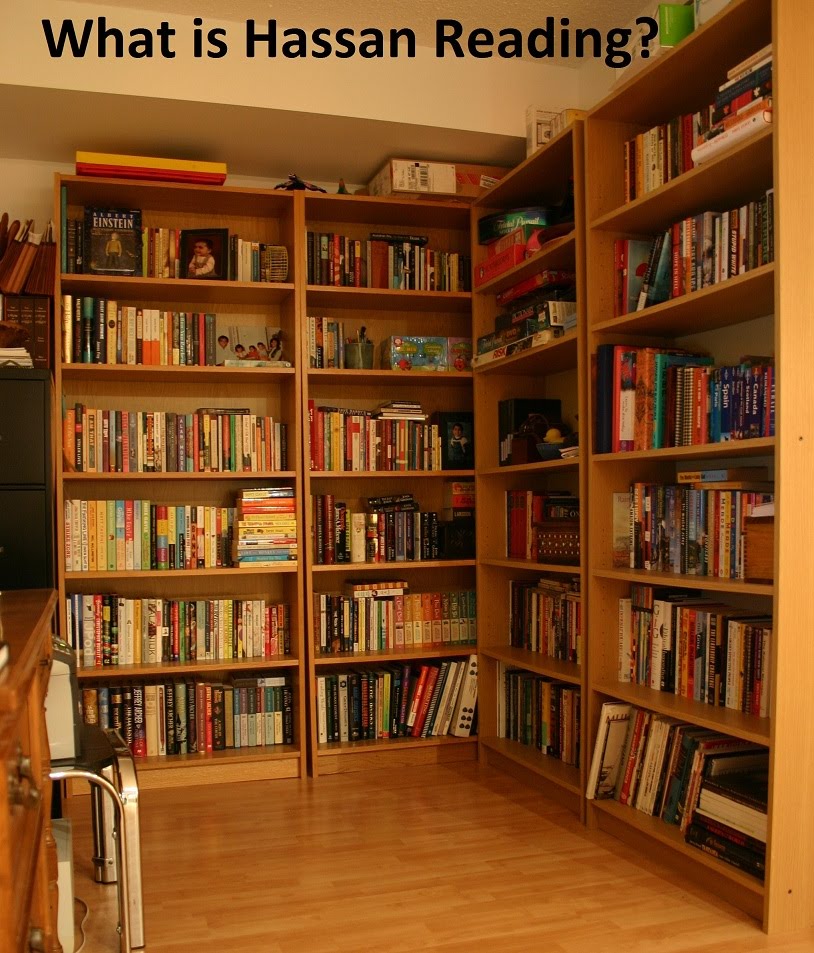As 2011 comes to an
end, I find myself reflecting on the fifty five books that I have read...
through fifteen thousand, six hundred and fifty eight (15,658) pages. The
longest book was The Girl Who Kicked the Hornets' Nest, by Steig Larsson (743
pages) and the shortest was Not a Star, by Nick Hornby (69 pages). My
most productive month was February (9 books), and my least was September (no
books at all).
I have encountered three
books that absolutely sucked (that I didn’t finish),
Two books that were
quite simply “Not Good” (one of which I didn’t finish),
Ten books that were
just “Meh” (another one not finished here),
Twenty one books
that I considered as “Good,”
Seventeen books
that were “Very Good,” and
Seven books that I
would recommend as REQUIRED READING:
- True Notebooks, by Mark Salzman
- Little Princes, by Conor Grennan
- Microserfs, by Douglas Coupland
- Finnie Walsh, by Steven Galloway
- One Day, by David Nichols
- The Long Walk, by Slavomir Rawicz
- The Myth of You and Me, by Leah Stewart
Microserfs, Finnie Walsh, and One Day are all great books, but were all
re-reads from previous years. I highly
recommend all of them for having characters that you will carry with you... but
none of them can fairly qualify for Hassan’s Book of 2011.
- True Notebooks is stories and writing of children in the LA prison system, by Mark Slazman (a writer, and their instructor).
- Little Princes shares the experiences of Conor Grennan in his quest to free children and return them to their families in Nepal.
- The Long Walk is the tale of Slavomir Rawicz who escaped the Russian Gulags ... on foot.
- The Myth of You and Me is the story of a friendship.
If I were going to
recommend just one of these, I would have to say that the amazing experience of
Mark Salzman and the writing of these children who have made mistakes and find
a system more focused on retribution than rehabilitation sucks you in and doesn’t
let you go. The Hassan Book of 2011 is
True Notebooks.
A LOOK BACK
- Hassan’s Book of 2010 was Three Day Road, by Joseph Boyden
- Hassan’s Book of 2009 was The Help, by Kathryn Sockett
- Hassan’s Book of 2008 (and of the decade) was Half of a Yellow Sun by Chimamanda Ngozi Adichie
